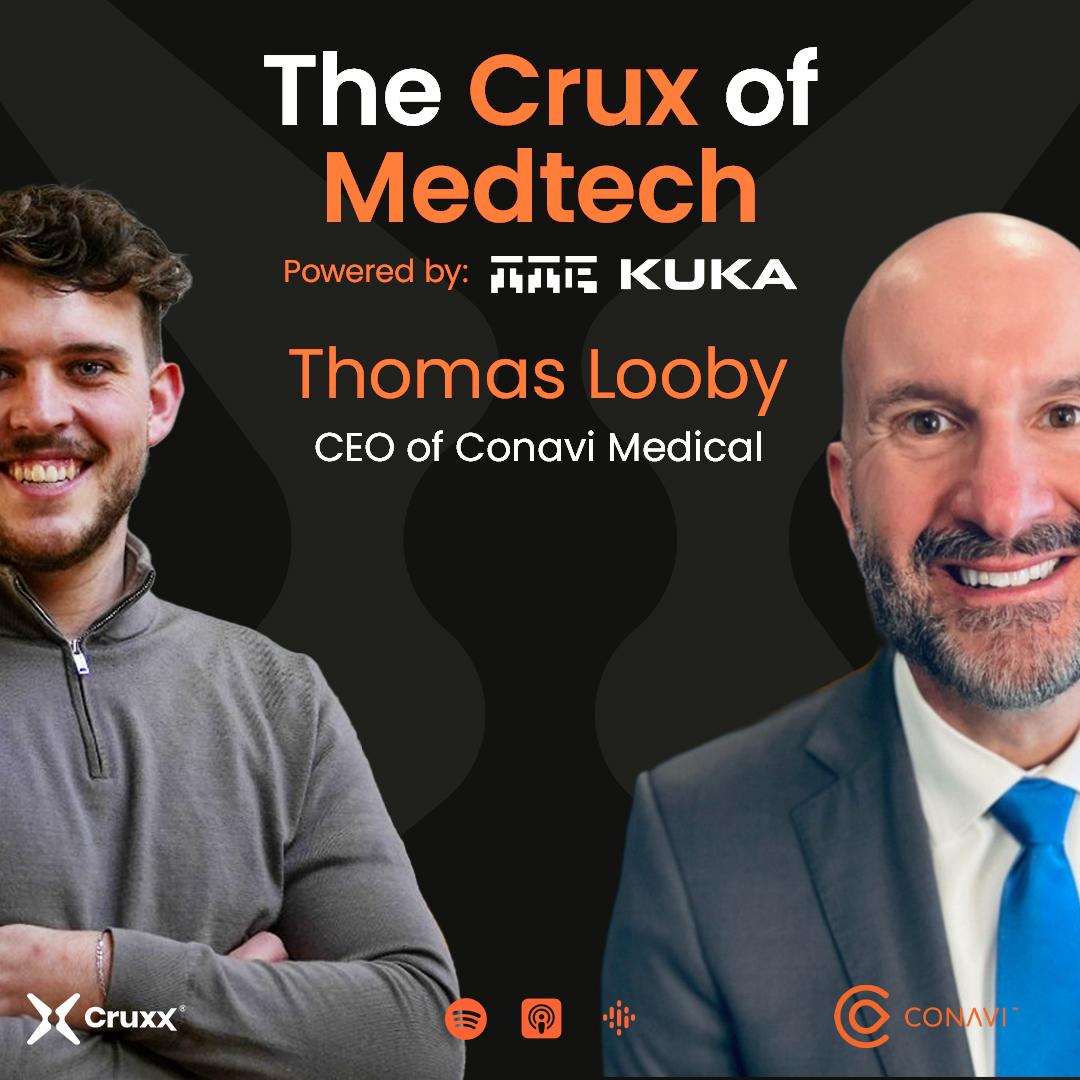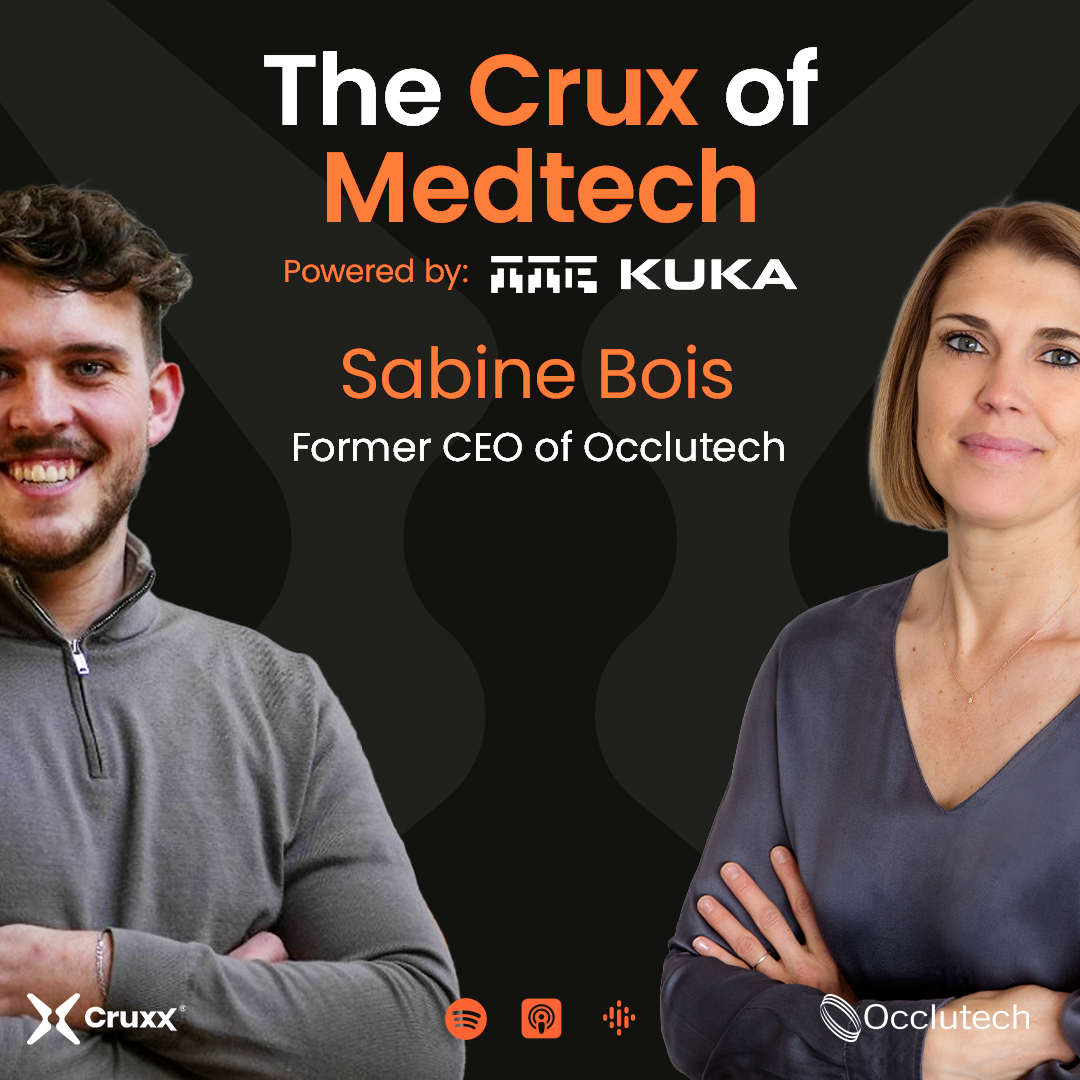The Surgical Robotics industry is a rapidly developing space. On Episode 6 of The Surgibots Podcast I sat down with the President and CEO at eCential Robotics, Stéphane Lavallée, to discuss the importance of partnerships and acquisitions in our industry.
Dual-Modality Imaging That Rewrites PCI Outcomes with Thomas Looby





